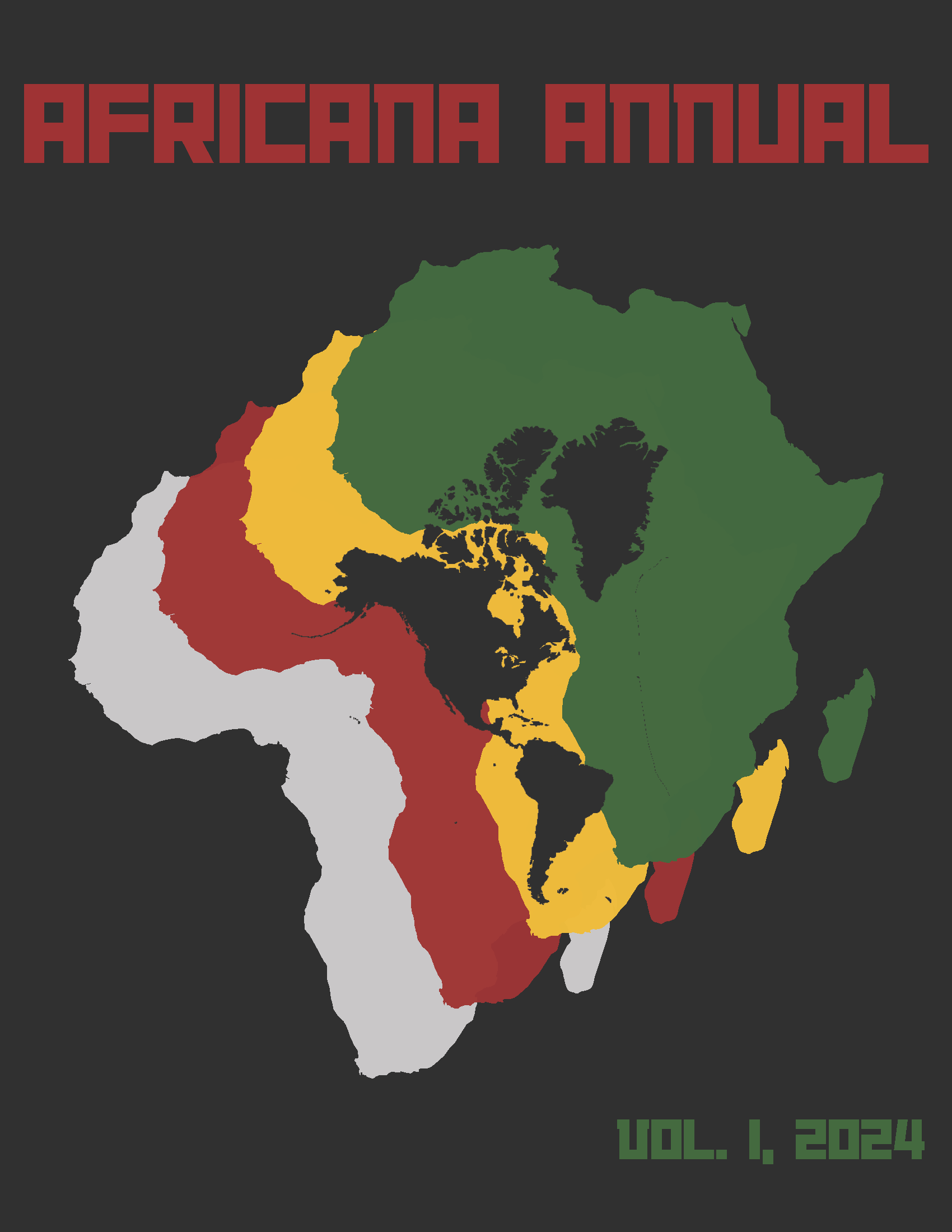Learning to Be Black in America
Heuristics of Racial Enculturation and Fraternal Nervousness Between African Immigrants and African Americans
DOI:
https://doi.org/10.17161/africana.v1i1.18442Keywords:
African immigrants, African Americans, race, enculturation, BlackAbstract
Whereas a lot has already been written on the manifestations, representations, and effects of race and racism on Black people generally, not as much attention has been paid to the meaningful distinctions in the racial experiences and perceptions of continental Africans who migrate to the United States. This paper presumes that continental Africans experience race differently from African-Americans, and that this experiential and notional difference complicates relations between these two groups. Upon arrival, African immigrants learn to live Black in a matured racial space – the United States – which does not often differentiate ethnic and national differences in racial experience. It is this learning to live black and becoming Black that I call racial enculturation. In thinking through this friction, this paper contrasts Chimamanda Adichie’s Americanah with Ta-Nehisi Coates’ Between the World and Me to unearth the divergences in their accountings of racial encounters.
I posit a taxonomy of four enculturation anxieties that African immigrants to the US face: racial levelling, fraternal nervousness, racial etiquette, and political will. I propose these four nodes as a lens by which to see racial experience from the African immigrants’ viewpoint and how it destabilizes the predominant view from the African American and white perspective. This paper will also show that the variance in the historical experiences of colonialism, slavery, and apartheid among different groups of Black people globally has material implications for how we represent and theorize race and racism.
Downloads
Downloads
Published
Issue
Section
License
All journal content in Africana Annual is licensed under a Creative Commons Attribution Non-Commercial 4.0 International License





